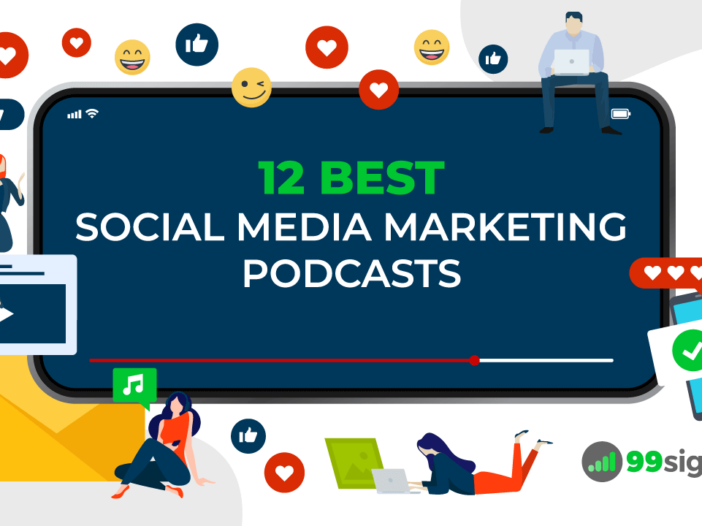sel logo
Search Engine Land » SEO »
Chat with SearchBot
SearchBot:
Google will be removing the podcast carousel fully from Google Search on February 13, 2023. There is a notice in the Google Podcast Manager about the podcast carousel going away.
The notice. The notice reads, “Note: Google Search will stop showing podcast carousels by February 13. As a result, clicks and impressions in How people find your show will drop to zero after that date.”
Here is a screenshot:
Didn’t it already go away. A few weeks ago, a bunch of SEOs who manage popular podcasts or like to consume podcasts, noticed that the podcast carousel was gone from the Google Search results. I guess it is not 100% gone until February 13th.
Reaction. Here is some of the reaction around this feature going away:
RIP Google Podcasts?
Just seen this in GPM.
Carousels being dropped from Google Search from next week, and clicks/impressions dropping to 0 beyond that date.
They’re asking podcasters to download data in advance.
cc @rustybrick @glenngabe @MordyOberstein @MarketingOClock pic.twitter.com/9BwknAYmlJ
Yeah I feel (at the moment) that it’s an opportunity wasted. I’m not sure how AI could take over podcast search though, but it would certainly be an interesting development!
i can’t hear you…
Why we care. If you manage a podcast and that podcast you may see less impressions and clicks on your episodes from Google Search. You should also consider downloading your historical data, just in case Google removes that data over time.
Related stories
New on Search Engine Land
About the author
Related topics
Get the newsletter search marketers rely on.
See terms.
Learn actionable search marketing tactics that can help you drive more traffic, leads, and revenue.
Available on-demand: SMX Next
Available on-demand: SMX Advanced
Available on-demand: SMX Master Classes
Discover time-saving technologies and actionable tactics that can help you overcome crucial marketing challenges.
April 15-17, 2020: San Jose
Charting the Path Forward: Building a Future-Forward Platform for Retailers in 2025
Get More Out of Your Webinars: Strategies for 24/7 Engagement
How Content is Critical to a Winning Ecommerce Strategy
Enterprise SEO Platforms: A Marketer’s Guide
Email Marketing Platforms: A Marketer’s Guide
Customer Data Platforms: A Marketer’s Guide
The Modern Marketing Data Stack for 2025
Meet your new AI-powered marketing assistant!
Get the newsletter search marketers rely on.
Topics
Our events
About
Follow us
© 2024 Search Engine Land is a Trademark of Semrush Inc.
Third Door Media, Inc. is a publisher and marketing solutions provider incorporated in Delaware, USA, with an address 88 Schoolhouse Road, P.O. Box 3103, Edgartown, MA 02539. Third Door Media operates business-to-business media properties and produces events, including SMX. It is the publisher of Search Engine Land, the leading digital publication covering the latest search engine optimization (SEO) and pay-per-click (PPC) marketing news, trends and advice.





